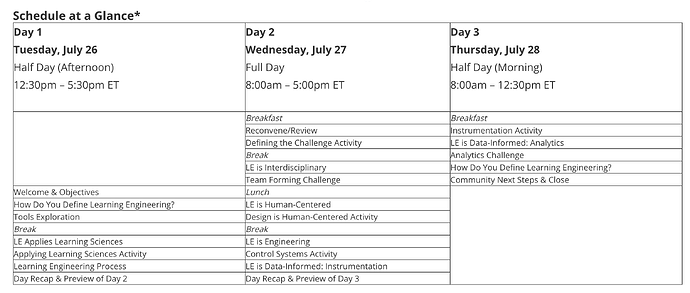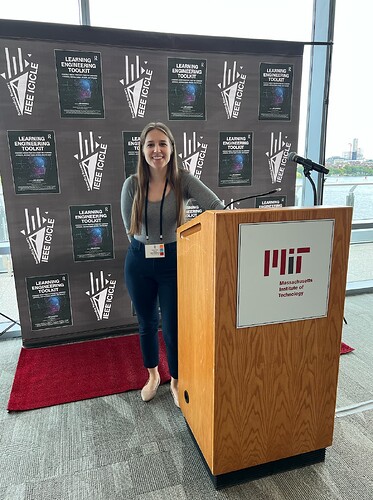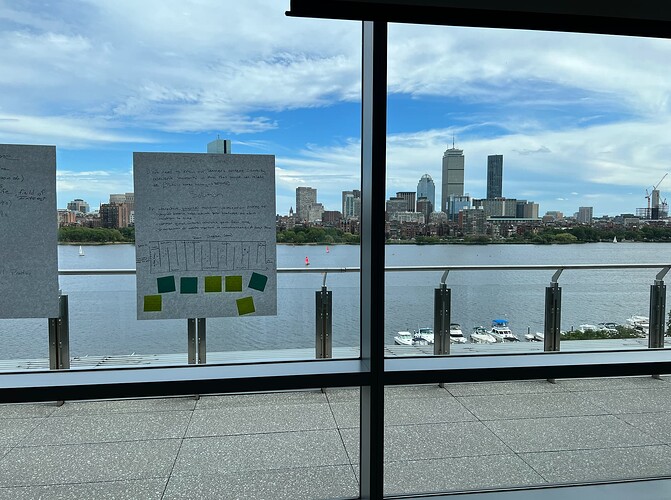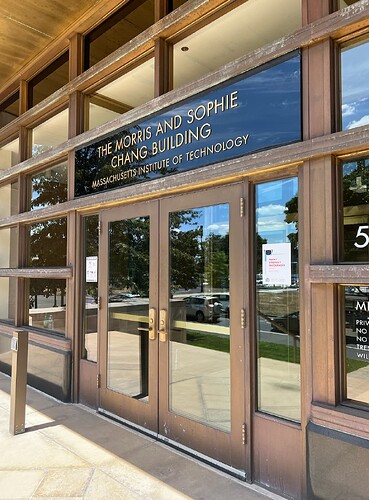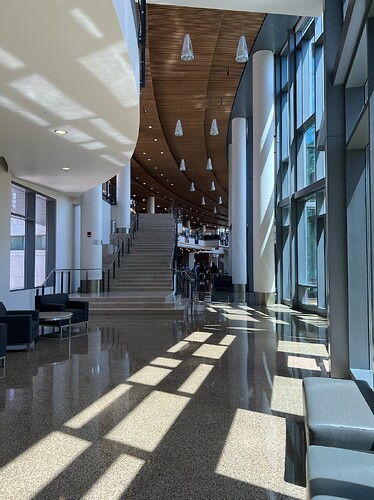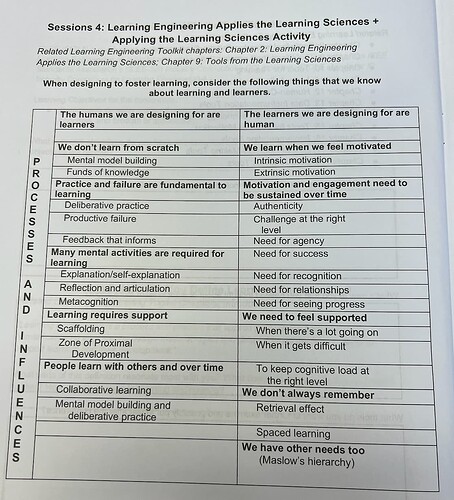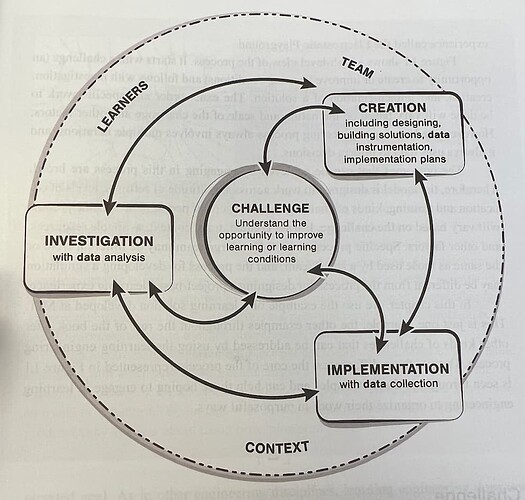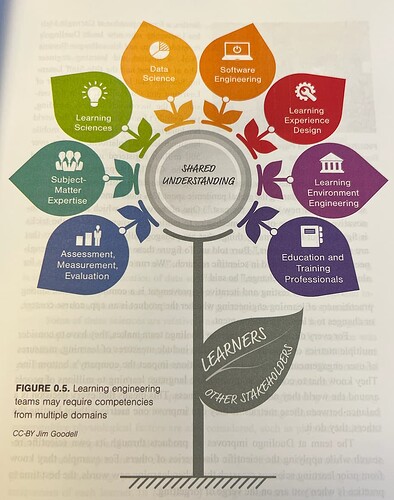Next, I learned a little more about motivation, and more specifically, the difference between motivation and engagement.
Chris Dede was the speaker for this portion of the conference. I was fangirling yes.
"Chris Dede is the Wirth Professor in Learning Technologies at Harvard University’s Graduate School of Education. The former Chair of the HGSE Department of Teaching and Learning (2001-2004), he was honored by Harvard University as an outstanding teacher in 2007 and later named a Fellow of the American Educational Research Association.
From 2014-2015, he was a Visiting Expert at NSF, Directorate of Education and Human Resources, and has served as a member of the National Academy of Sciences Committee on Foundations of Educational and Psychological Assessment, a member of the U.S. Department of Education’s Expert Panel on Technology, and a member of the 2010 National Educational Technology Plan Technical Working Group."
Chris was talking about motivation vs. engagement. You can actually read more about this, and listen to his podcast here (which is also where I got the quotes from above). I highly suggest you check that out, it was really awesome to hear. I think sometimes in education, those two terms mean the same thing, but in fact, they do not.
Next, we talked about the Learning Engineering Process.
This shows the general model, or cycle, of learning engineering. Similarly if you were engaging in the Engineering Design Process (EDP), this has a similar feel. But you’ll notice that learners, context, and working in a team, are foundational to this process.
Some other competencies from multiple domains may also be required for learning engineering. Some of those are displayed in this graphic:
All that being said, what do you think about learning engineering? Is it something that you already do… but didn’t know there was a title for it? Do you think implementing the learning engineering framework would be beneficial for you and your students?
